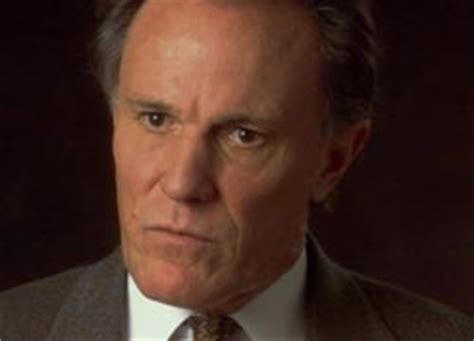A Quote by Sho Baraka
The Bible cares about the systems that create oppression. We see this in the Exodus all the way to Jesus' interactions with Zacchaeus and the prostitute in John 8.
Related Quotes
"Oppression" or "systems of oppression" operate as a shorthand terms in much writing and speaking so that we do not have to list all these systems of meaning and control each time (i.e. racism, ableism, xenophobia, etc.). I needed a term like that, but "oppression" implies a kind of top-down understanding of power that is at odds with the Foucaultian model I rely on in my work.
All Jesus' pictures are falsifications; they cannot be about the real Jesus. This real man must have been totally different, because we know he enjoyed drinking - it is impossible to think of a person who enjoys drinking and not laughing. He enjoyed women - it is difficult to think of a man who enjoys women and not laughing. He was friendly, almost in love, with a prostitute, Mary Magdalene. It is difficult to move with a prostitute - he was not moving with a Catholic monk, not with a priest, not with the Pope... with a prostitute! These were the condemnations against him.
But Jesus wanted the crowd to know, look, 'John's (the baptist) the one who got this whole thing started.' In verse ten He says, 'This is the one about whom it is written, 'I'll send my messenger ahead of you who will prepare Your way before You.' Jesus says, 'If it wasn't for John, I wouldn't even be here performing these miracles.'
I think the best thing a person can do is to read through the Gospels in the Bible and really look at Jesus, because if a person does this, they will realize that the Jesus they learned about in Sunday school or the Jesus they hear jokes about or the skinny, Gandhi Jesus that exists in their imaginations isn't anything like the real Jesus at all.
To follow Jesus implies that we enter into a way of life that is given character and shape and direction by the one who calls us. To follow Jesus means picking up rhythms and ways of doing things that are often unsaid but always derivative from Jesus, formed by the influence of Jesus. To follow Jesus means that we can't separate what Jesus is saying from what Jesus is doing and the way that he is doing it. To follow Jesus is as much, or maybe even more, about feet as it is about ears and eyes" (The Way of Jesus, Eugene H. Peterson, 22).
If you look at the life of Jesus, that's an example of true worship. You know look at the stories, if you want to learn about real worship read Matthew through John. Seriously. You just read it and you will see the true level. You see when Jesus is in the boat and the storm comes when it comes and the winds are blowing and Jesus is sleeping in the boat and the disciples are freaking out. And Jesus wakes up and says "What you guys got is a problem, no?" and he commands the seas to be calm that's true worship.
It’s all right,” she said. “You’re through.” “Jesus,” he finally managed, pushing water off his face. “Jesus Christ and John the Baptist. For that matter, Matthew, Mark, Luke, John.” Still not enough. He needed to reach back to the Old Testament for this. “Obadiah. Nebuchadnezzar. Methuselah and Job.” “Be calm,” she said, taking him by the shoulders. “Be calm. And there are women in the Bible, you know.” “Yes. As I recall it, they were trouble, every last one.
You could imagine writing about a prostitute, for instance, but if you haven't spent time with prostitutes then you're going to get all these details wrong. But if you have a lot of sex with prostitutes and you're friends with prostitutes and you interview prostitutes, then maybe after many, many years you might be able to create prostitute characters.
The Bible is a wonderful book. It is the truth about the Truth. It is not the Truth. A sermon taken from the Bible can be a wonderful thing to hear. It is the truth about the truth about the truth. But it is not the truth. There have been many books written about the things contained in the Bible. I have written some myself. They can be quite wonderful to read. They are the truth about the truth about truth about the Truth. But they are NOT the Truth. Only Jesus Christ is the Truth. Sometimes the Truth can be drowned in a multitude of words.








































